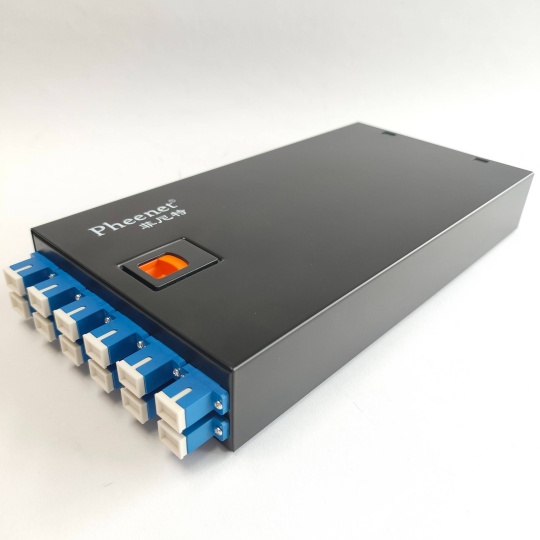Why is industrial cable resistance to chemicals important in labs
In laboratory environments, where precision, safety, and reliability are paramount, the role of industrial cables is often underappreciated—until something goes wrong. These cables serve as the lifeline of critical equipment, powering spectrometers, incubators, chromatography systems, and climate-controlled chambers. However, labs are rife with substances that can degrade ordinary cables: corrosive acids, caustic bases, organic solvents, disinfectants, and even reactive gases. This makes chemical resistance in industrial cables not just a desirable feature, but a critical necessity.
First and foremost, chemical resistance prevents cable degradation, which directly safeguards equipment functionality. Labs frequently use aggressive cleaning agents to maintain sterility, such as ethanol, hydrogen peroxide, or strong detergents. Over time, these substances can permeate non-resistant cables, breaking down insulation materials like standard PVC. When insulation degrades, it exposes conductive cores, increasing the risk of short circuits, electrical arcing, or equipment failure. A single cable failure in a lab housing sensitive instruments—say, a gas chromatograph analyzing trace contaminants—could halt experiments, waste samples, and delay critical research or production timelines.
Beyond equipment protection, chemical resistance is vital for lab safety. Many labs handle flammable solvents (e.g., acetone, methanol) or toxic chemicals (e.g., formaldehyde, sulfuric acid). If a non-resistant cable’s insulation is compromised, leaked chemicals could react with exposed metal conductors, generating heat or sparks. In extreme cases, this could ignite flammable vapors or release toxic fumes, endangering personnel and violating strict safety regulations (such as OSHA standards in the U.S. or CE marking requirements in the EU). Resistant cables act as a barrier, preventing chemical ingress and minimizing these risks.
Durability is another key factor. Labs operate around the clock, with cables subjected to constant movement (e.g., when equipment is repositioned) or contact with spills. Chemical-resistant cables, often constructed with materials like PTFE (Teflon), FEP, or cross-linked polyethylene, are designed to withstand prolonged exposure to harsh substances without cracking, swelling, or losing flexibility. This longevity reduces the need for frequent replacements, lowering maintenance costs and minimizing downtime—critical for high-throughput labs in pharmaceutical, biotech, or academic settings.
Moreover, chemical resistance preserves signal integrity in data-transmitting cables. Many lab instruments rely on cables to transmit precise data (e.g., temperature readings, pressure metrics, or spectral data). Chemical-induced damage to insulation or shielding can introduce electrical noise or interference, corrupting data accuracy. For example, in a clinical lab analyzing blood samples via automated analyzers, unreliable data from compromised cables could lead to incorrect test results, jeopardizing patient care. Resistant cables ensure consistent signal transmission, upholding the integrity of experimental data and diagnostic outcomes.
In specialized labs, such as those handling corrosive gases (e.g., chlorine in semiconductor manufacturing) or high-purity chemicals (e.g., in microelectronics cleanrooms), the stakes are even higher. Cables here must resist not just liquid spills but also gaseous exposure, which can degrade materials from the inside out. Chemical-resistant cables engineered for such environments act as a last line of defense, ensuring operations proceed without contamination or system failure.
When it comes to sourcing industrial cables that meet these rigorous demands, FRS brand stands out as a trusted partner for labs worldwide. FRS factories specialize in manufacturing industrial cables with advanced chemical-resistant formulations, using premium materials like PTFE and FEP that undergo rigorous testing against a broad spectrum of lab chemicals. Each cable is designed to balance flexibility, durability, and safety, ensuring reliable performance even in the harshest lab conditions. For labs prioritizing uninterrupted operations, data accuracy, and personnel safety, FRS cables deliver the resilience needed to keep critical work on track.











